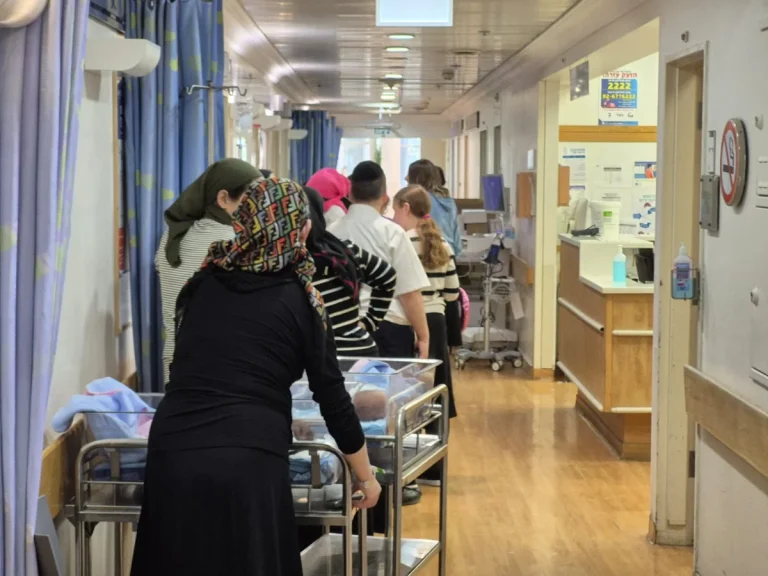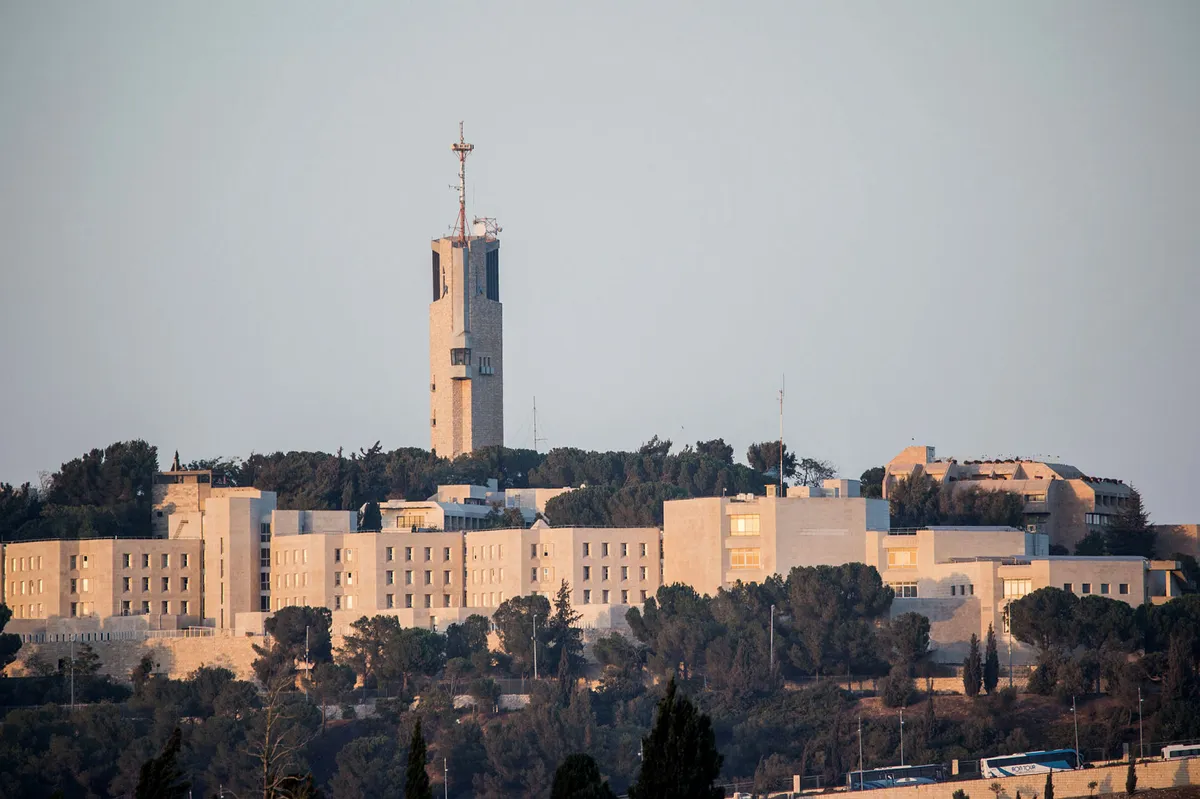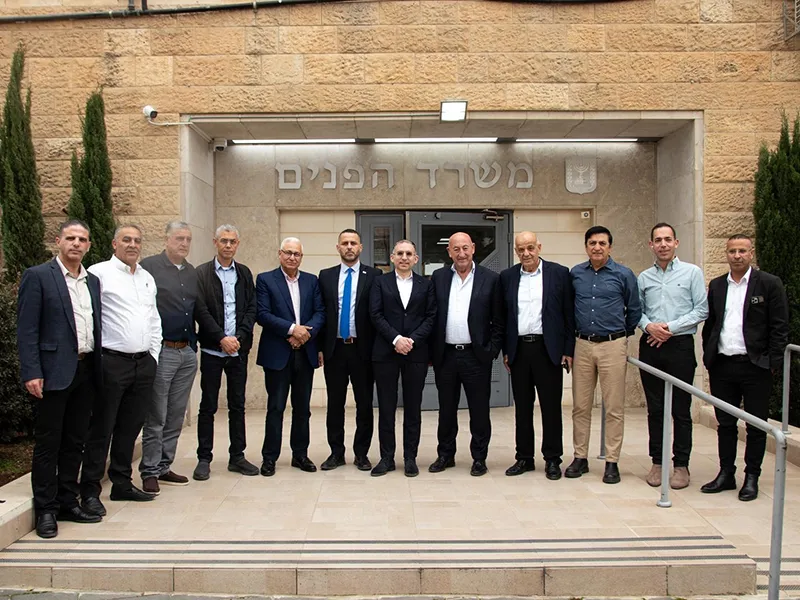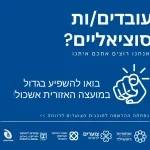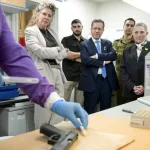Jerusalem, 9 September, 2025 (TPS-IL) — The Knesset Health Committee on Tuesday urged the Ministry of Health to establish a uniform, binding procedure for the treatment and burial of embryos and stillborn infants, citing years of delays and the distress experienced by grieving parents. Lawmakers also pressed the ministry to prepare and distribute an information booklet outlining parents’ rights in such cases.
MK Michal Waldiger (Religious Zionism), who initiated the discussion, described the issue as a national failing. “Stillbirths are human tragedies that strike 1,500 families in Israel every year,” she said. “One of the most important issues is the burial of the fetus, but at this terrible time, when parents are already in deep emotional crisis, they face confusion, a lack of information, and inadequate support from the medical and government systems. This aggravates their pain and creates unnecessary distress. Despite promises in the past and lengthy discussions with the ministry, an updated procedure has still not been published.”
Testimonies from parents highlighted the personal cost. Hila Cohen, who went through a stillbirth, said she was later shocked to discover the implications of the documents she had signed. “At such a difficult time, I was asked to sign forms that meant giving up all information about my child and his burial place,” she told the committee. “These signatures should not be demanded in the delivery room. Parents need time, either in the ward or at home, to cope with the loss and sign with discretion.”
Committee chairman MK Yoni Mashriki (Shas) said unnecessary hardship was created by the absence of clear guidelines.
“It is essential that the Ministries of Health, Religious Services, and the Interior work together to create a uniform, clear, and binding procedure, from the hospital to burial,” he said. Mashriki called on the Health Ministry to convene a roundtable with the National Insurance Institute and burial companies to update regulations that have not been revised since 2014.
Civil society representatives reinforced the lawmakers’ criticism. Ohad Voiglar of the Atim Institute said the Health Ministry has been working on the matter for more than three years without resolution. “Every day that passes, more families join the circle of pain,” he said. “Parents have the right to participate in the funeral, but the forms they are asked to sign do not actually guarantee that right. Years later, some parents try to locate their child’s grave but cannot.”
Naemah Marks Abiksis, director of the Nitsoots Enbar association, added that hospital procedures vary widely. “From the delivery room to the ward, the procedures are inconsistent, and each hospital does things differently,” she said.
Health Ministry officials acknowledged the shortcomings. Hofit Bar Yosef, head of the administration and farm department, said the ministry is working with hospitals to finalize a revised protocol. “The new procedure will clarify documents for parents, emphasize their rights, and ensure their involvement in burial decisions,” she said. She admitted that while embryos should remain in pathology departments no longer than 14 days, in practice some are held for several months.
A 2024 State Comptroller report on fertility treatment faulted the Health Ministry for being inadequately prepared for a surge of in vitro fertilization treatments that peaked in 2021. Among the issues the report noted was the ongoing challenge of stored embryos, with some fertility units maintaining specimens from the 1980s due to the lack of clear protocols for handling unclaimed embryos.
Israel, which leads the world in fertility treatments per capita, saw a 60% increase in IVF cycles over the past decade, reaching 61,000 treatments in 2021.
























